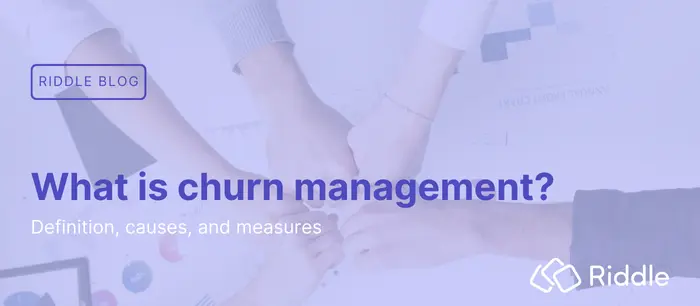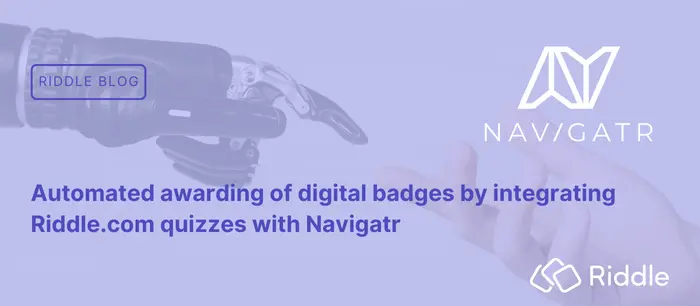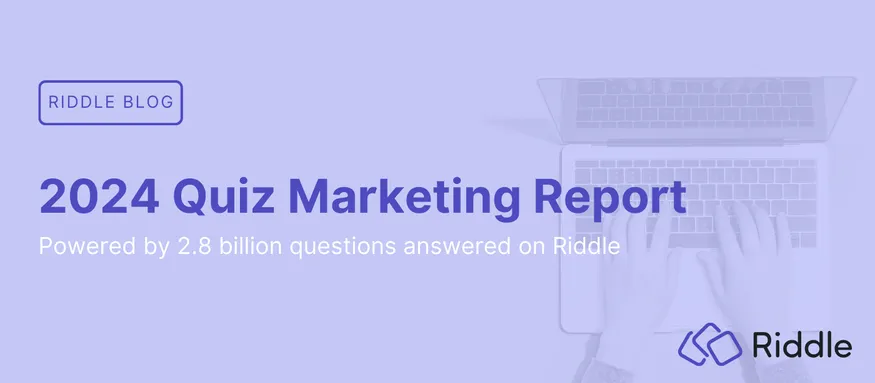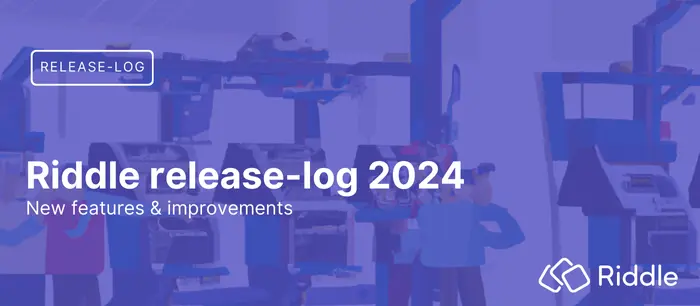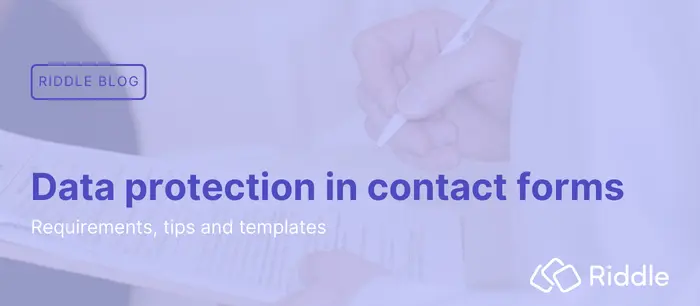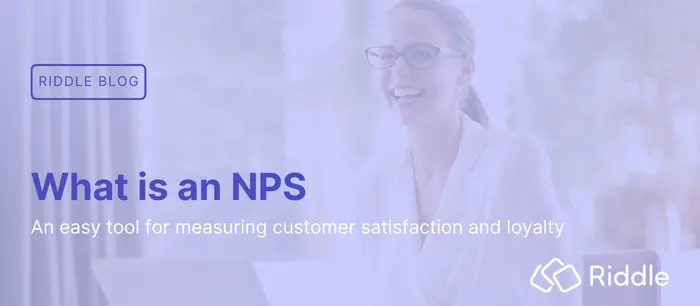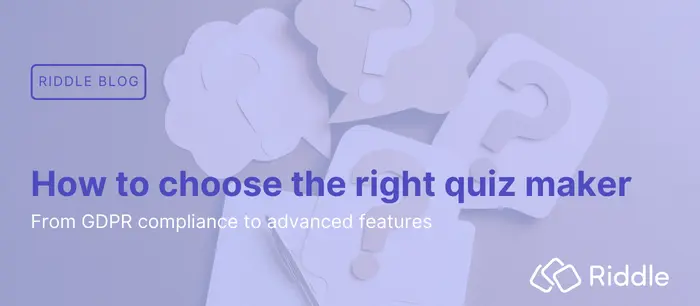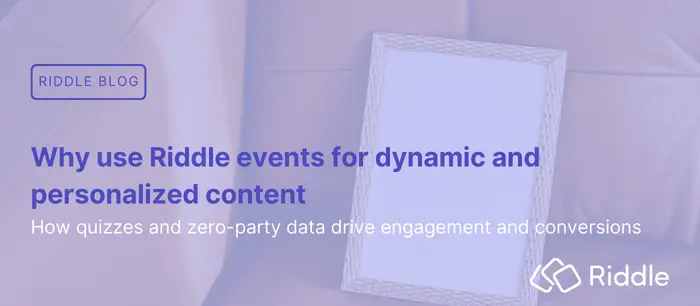Churn Management: Proven Strategies for Effective Churn Prevention
Churn management is essential for sustainable business growth. It focuses on churn prevention by identifying why customers leave and taking action to retain them. With the right churn management strategy, companies can reduce customer loss, increase loyalty, and boost long-term revenue. Good churn management often […]
Churn Management: Proven Strategies for Effective Churn Prevention Read more
